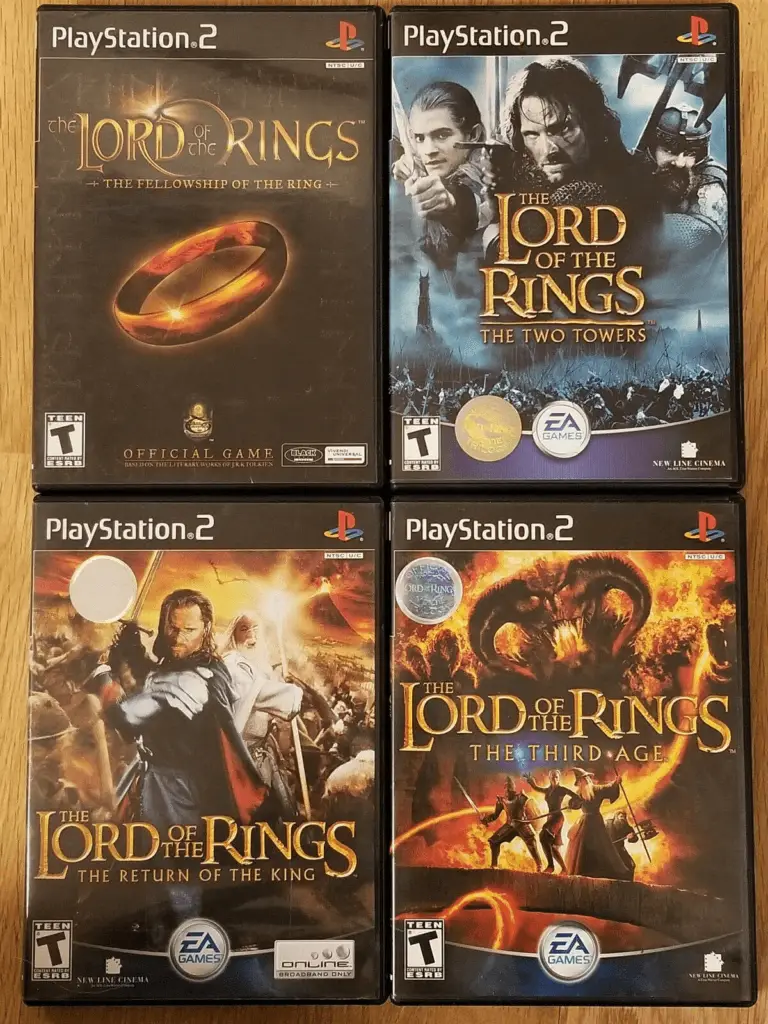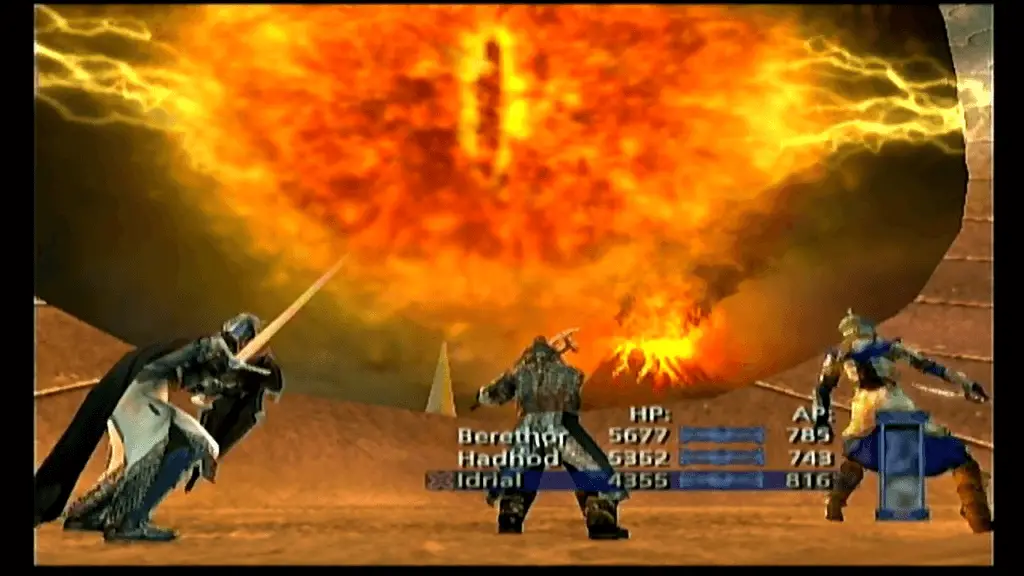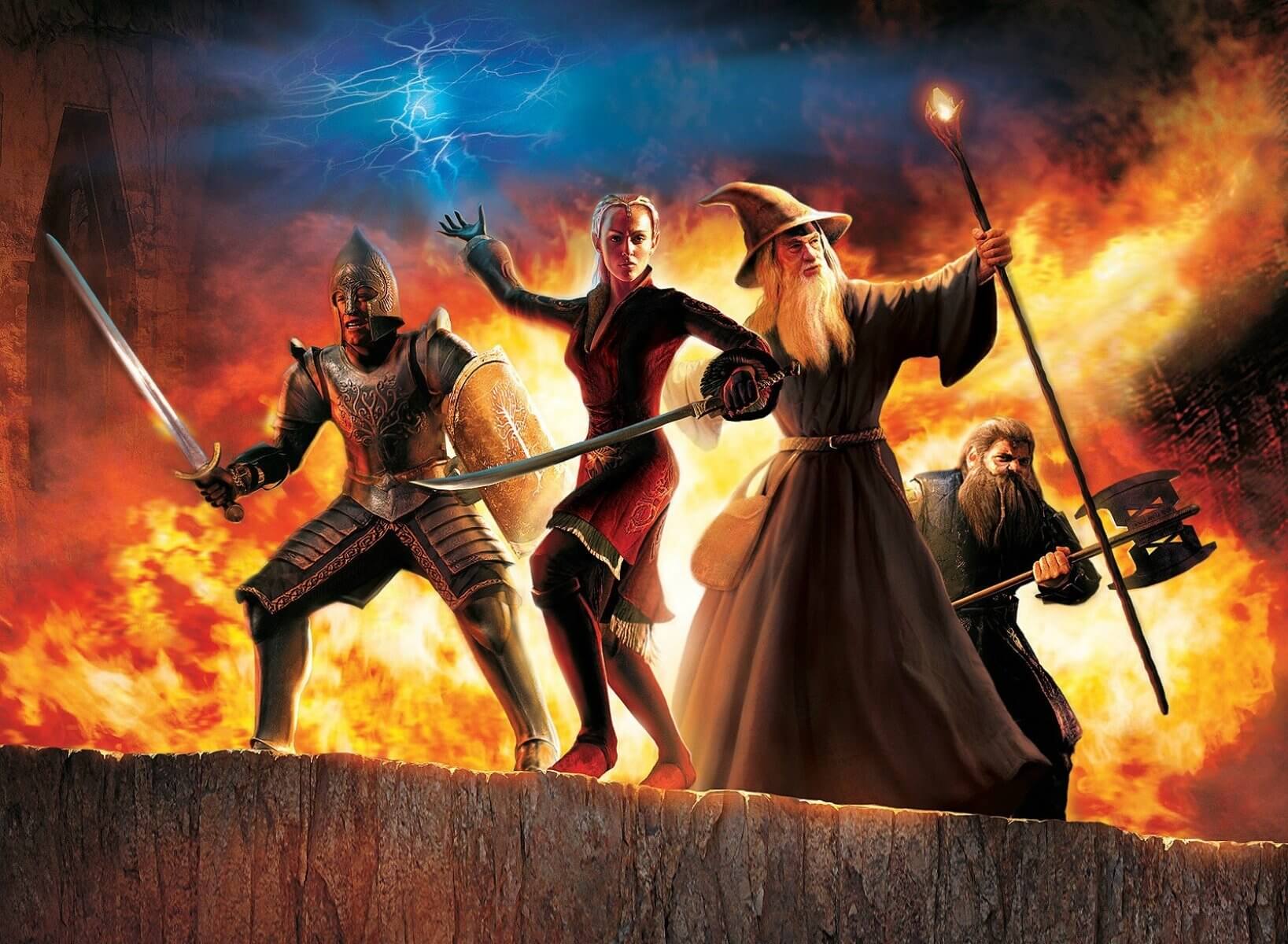I got into reading back when I was attending elementary school. Sempé’s Le Petit Nicolas was the series that turned me into a bookworm. Le Petit Nicolas is about a little boy who is trying to be “masculine”. But he is faced with many contradictions within the concept of masculinity during his pursuit of such a nebulous identity. The best description of what kind of tale Le Petit Nicolas is to say that it’s “an adult story written for children.” I think many children enjoy these kinds of stories despite their inability to fully comprehend and interpret the themes and concepts they are presented within a story. Ever since I read Le Petit Nicolas, I always sought out stories that were written with children as their target audience.
During my late elementary school years, I discovered Warcraft. Yes, I read a Warcraft book before even playing the game that it was based on! The thing that immediately caught my attention was the preface that was written by the translator of the book. In the preface, the translator strangely insisted that the author of The Lord of the Rings was the one who pioneered Warcraft‘s universe. He wrote that J. R. R. Tolkien had envisioned and began work on creating the world of Warcraft before his death. But unfortunately, had been unable to complete it. And this is where Blizzard came in and developed the world and continued Tolkien‘s legacy in video game form.
It‘s a wild and fictitious claim that, to this day, many Persian-speaking people still believe in. I don‘t know exactly why the translator made such a claim. However, I speculate that it‘s because he wanted to legitimize Warcraft and its world to the grander population of readers out there. It wouldn‘t be too unusual for a typical book reader to assume that reading a book based on a video game might be a complete waste of their time.
However, Warcraft became a huge hit! It gained a cult following across the world and my homeland was no exception to this. The person who translated the book made a lie that, if my theory as to why is correct, was ineffective at best and misguided the reader at worst if you look back at it today. However, I believe that the statement still sparked the interest of some gamers. Which in the end led them to read The Lord of the Rings and the other books written by Tolkien. After all, I was one of them.
When I read through the LotR series of books, I realized that this isn‘t an adult book series that was meant for children. But rather was a series of children‘s books that were meant for adults, and I LOVED it. The plot and overarching message of the series can be summarized in several sentences. But the amount of meticulous and grandiose writing which Tolkien employed made it so that the story no longer felt like a tale for children.
Michael Moorcock wrote an essay in which he describes The Lord of the Rings as an „Epic Pooh“, which implies that Tolkien‘s work is much like an epic retelling of children‘s stories such as Winnie the Pooh. The overall essay was a criticism of Tolkien‘s work amongst other things but I believe that this point isn‘t exactly a good criticism against Tolkien‘s work. And on the contrary, works in his favor. After all, it is not easy to turn a seemingly simple premise into an epic. Ironically enough, I still fully agree with such a comparison.
It‘s fair to criticize Tolkien for him being an „escapist“ and holding an old-fashioned worldview which is a massive component of his „Epic Pooh“. However, there is something truly special about this kind of children‘s book written for adults. And that is what I would like to call, the „sandbox“ nature of his book. Middle-earth is an enormous world that opens up the possibility for many creators to tell their tales within it. You can view it as something akin to a creator‘s sandbox in which you have a playfield with many toys which you can use to create many interesting tales.

One of the industries that utilized this sandbox in many ways, shapes, and forms is the video game industry. There are plenty of examples of amazing Lord of the Rings games out there that subvert your expectations regarding Tolkien‘s work. One of the most well-known examples of this in recent memory is the Middle-earth: Shadow of Mordor/Shadow of War duology. In those games, you can build an army of Orcs that are vastly different from the brainless, hive-minded, and racially insensitive Orcs of the books. Which are pure evil and possess no redeeming qualities. In this article, I would like to talk about another LotR video game that subverted expectations and is one that many might not have even heard of: The Lord of the Rings: The Third Age.
Following the boom of the JRPG genre which happened in the West during the late 1990s and early 2000s, the market for Final Fantasy-like games grew immensely. In response, a handful of western developers decided to develop games that were in the vein of Japanese RPGs: such as the criminally underrated Secret of Evermore. In 2004, EA released the Third Age. An unorthodoxly envisioned game that was meant to capitalize on two things: The boom of JRPGs AND the massive success of The Lord of the Rings movies. An extremely strange combination that left many people confused. Perhaps that is one of the reasons why the Third Age faded into obscurity over time.
Most fans of Tolkien would be able to surmise that the game takes place during the War of the Ring. This doesn‘t come as much of a surprise considering the game‘s release date closely coinciding with the release of the Return of the King. As I‘ve mentioned previously, EA intended to capitalize on the success of the movies so the release date of the game was part of that plan.
However, unlike the other games which adapted the movies, the Third Age doesn‘t follow the story as it unfolded in the movies. Rather they decided to tell a story that was parallel to what happened in the movies and wasn‘t canonical in that regard. Thanks to that decision I believe that‘s why they named it the Third Age.
The Third Age is a term that wasn‘t used in the movies. It implies that it‘s a deeper exploration and understanding of Middle-earth and Arda itself. Humorously enough the term was nothing more than a tongue-in-cheek joke for those who were familiar with the world of Arda. In such a way they were aware that the cast of characters featured in the Third Age were all original creations who never existed in any other piece of media despite taking place during the canonical period of the Third Age.

The uncanny nature of the Third Age becomes more apparent when you put it alongside the other video game adaptations of the movies.
The story is rather uncanny. During its course, you control a completely new cast of characters that have an eery familiarity with the characters in the movies (Specifically Gandalf) as you go through setpieces that appeared in the movie! I know, it doesn‘t make sense. Considering you‘re essentially going through a story that is happening in the movies. During it, you get to see short segments from the movie trilogy as a way for Gandalf to talk to the main character.
The world of Middle-earth is filled with enemies, so you must gather your team which consists of a beautiful elf, a dwarf, and a human archer. With your goal being the defeat of the aforementioned enemies in a turn-based combat system. The combat system is very well designed and even can lead to positively stressful situations. You must always be vigilant and ready to utilize all your skills to come out victorious. Every time you survive an encounter it feels like a miracle.
One encounter can take up to an hour! You get to carefully decide each action thanks to the battle queue system that is reminiscent of Final Fantasy X. In fact, many aspects of the combat system are inspired by the Final Fantasy games which is why I describe it to be a Final Fantasy-styled Lord of the Rings. That being said, the Third Age is mechanically, graphically, and thematically different enough that you can totally enjoy it without feeling like you are playing some random Final Fantasy-clone.
The progression system is great as well, you always get a satisfying feeling when you see your stats going up. The system is not stingy, and neither is it too generous: It feels balanced.
One hilarious thing is how the Third Age utilizes its JRPG inspiration, it doesn‘t merely stop with using the combat system. The developers also decided to take the genre inspiration further, thanks to absurd things that are more commonplace in JRPGs. One example is that you fight the eye of Sauron, no not an embodiment of him or manifestation of his soul but the actual gigantic eye!

In conclusion, the Lord of the Rings: The Third Age is a weird game but it‘s also a very enjoyable and engaging one. You get to experience and have fun in combat and also see absurd JRPG ideas being executed within the world of LotR.
I would love for a big company like EA to create another turn-based RPG game that is set in the world of LotR, perhaps even during the second age much like the new TV show.







